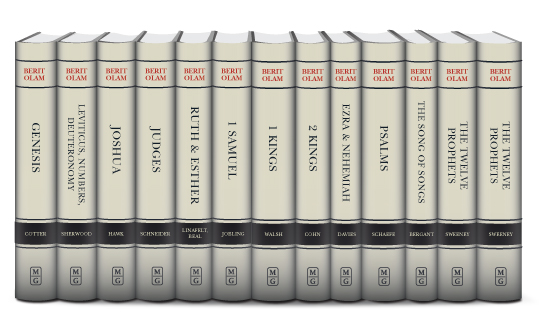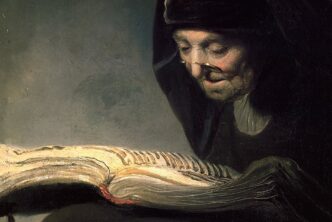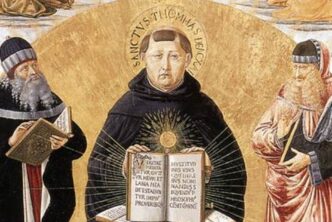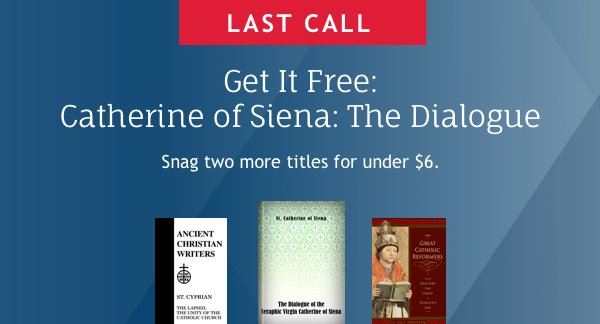Get the Berit Olam: Studies in Hebrew Narrative and Poetry commentary now.
“Berit Olam” translates from Hebrew into English as “everlasting covenant.” Such a covenant is depicted in God’s promise to Abraham in Genesis 17:7 and through God’s prophet in Jeremiah 32:40. The concept of “covenant” is at the very center of the Jewish religion, and it is carried over and fulfilled in the Christian tradition through the person of Jesus Christ. The rich narrative history of the Jewish people helps us better understand the theological foundation for all of Christian thought.
 The Berit Olam: Studies in Hebrew Narrative and Poetry commentary is composed within this framework of historical narrative: By looking at the Hebrew texts as complete works of narrative prose and poetry, these commentaries seek to draw the readers’ attention to meanings within the Scriptures that would otherwise be glossed over in approaches that only analyze how each sentence correlates to others in a structural way.
The Berit Olam: Studies in Hebrew Narrative and Poetry commentary is composed within this framework of historical narrative: By looking at the Hebrew texts as complete works of narrative prose and poetry, these commentaries seek to draw the readers’ attention to meanings within the Scriptures that would otherwise be glossed over in approaches that only analyze how each sentence correlates to others in a structural way.
The concept of an “everlasting covenant” as a central theological theme throughout the Hebrew Bible is only made obvious when looking at the texts as a related narrative whole. The Berit Olam commentary approaches the scriptures in just this way; by looking at each book in the Hebrew Bible holistically this commentary helps you find meaning through history, context, structure and tradition.
What stands out about this collection is the fact that one hermeneutical method is not pitted against others. Instead, a synthesis is achieved by incorporating both the commentary of Christian thought throughout the ages and a keen attention to historical detail.
David W. Cotter, the author of the Berit Olam commentary on the book of Genesis writes,
“This [commentator’s] task is not so much to say what the text means in some final and definitive way, but to loosen up what we think we know about a text.”
Cotter notes that there is a tendency within the ranks of modern exegetical commentators to ignore the Christian tradition of the past, to hyper-focus on the early era of Christendom over the rest:
“…the works of the Fathers of the Church, the early monastic writers, commentators, and homilists up to the dawn of the critical era in the last century, is frankly terra incognita for most commentators today. Augustine? Origen? The Sayings of the Desert Fathers? Gregory the Great? Bede? Bonaventure? Aquinas? None of these would be likely to appear in a contemporary Christian commentary. And we are the poorer for it. It is as if the first eighteen hundred years of Christian tradition has simply disappeared.”
The Berit Olam commentary looks not only at the historical context in which the scriptures were written, but how Christians through the ages have interpreted them—how the Holy Spirit has moved Christians in both matters of doctrine and praxis in relation to the Holy Scriptures. Berit Olam: Studies in Hebrew Narrative & Poetry (13 vols.) strikes a balance between historical criticism and the lived Christian tradition passed down from first Apostles to the great magisterial writers of the Church, making this one of the best and most powerful Catholic Old Testament commentaries available in Verbum.





